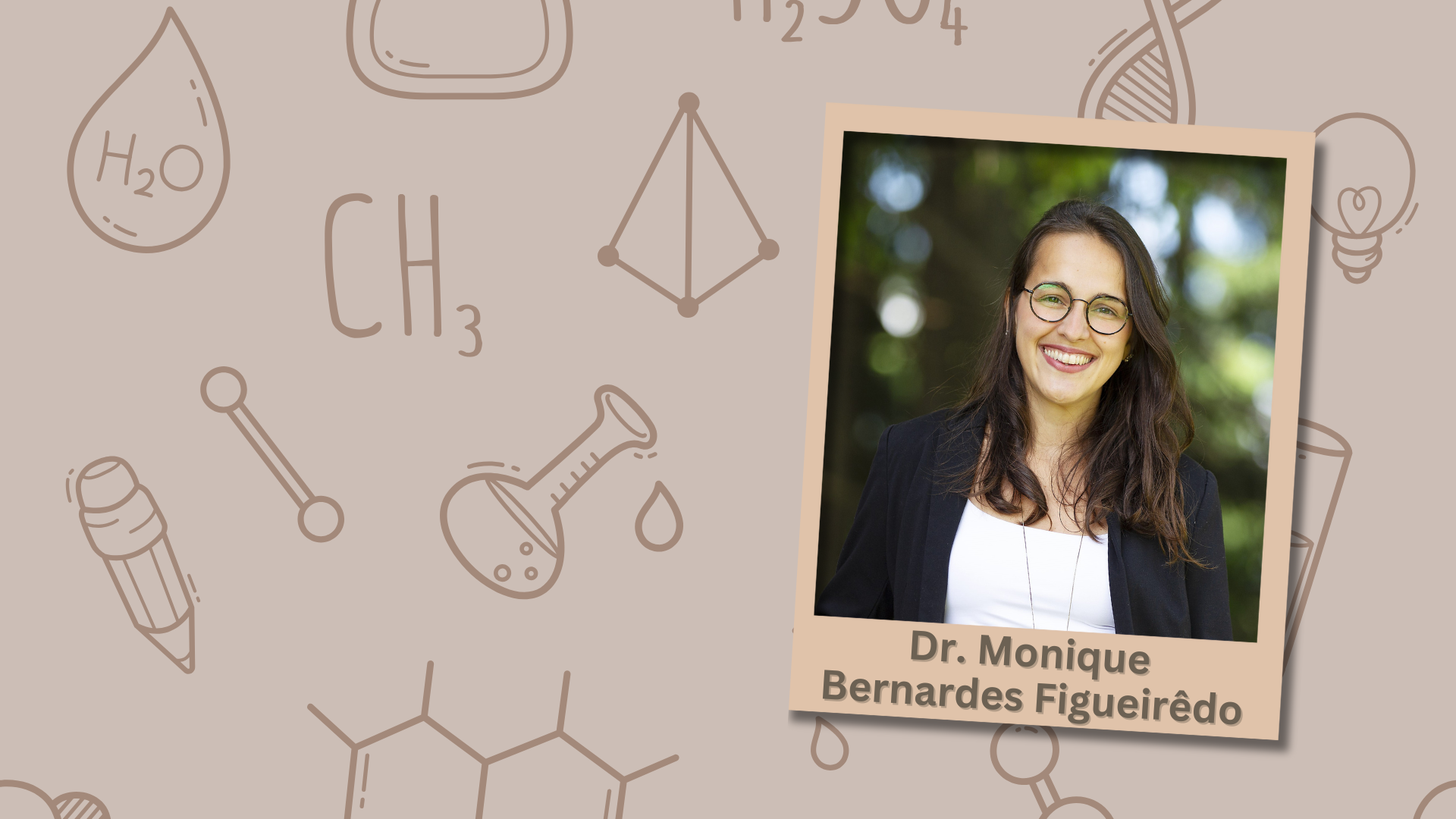To promote the full and equal access and participation of females in Science, Technology, Engineering, and Mathematics (STEM), the International Day of Women and Girls in Science takes place on 11 February every year. Within CAPTUS are many inspiring women who are contributing to the project’s progress. One of them is Dr. Monique Bernardes Figueirêdo: At Fundación CIRCE – Centro de Investigación de Recursos y Consumos Energéticos she works as a Team Leader. The following interview gives an impression of Monique’s work, inspirations, and ambitions, offering a glimpse into her journey in STEM.
What is your academic background and why have you decided to pursue science, technology, engineering and mathematics (STEM) and more specifically your field of work?
I am a chemical engineer with a PhD in green chemical reaction engineering from the University of Groningen, the Netherlands. My inspiration to work in STEM comes largely from my family—both of my parents are mechanical engineers. However, I really enjoyed chemistry and learning about manufacturing processes, which led me to take this slightly different path. The decision on what to pursue comes very early in life, so my choice was rather intuitive; nonetheless, I am truly glad about it! Chemical engineering provides a broad foundation, and among the many fields in which it plays a significant role, I fell in love with those closely related to sustainability and innovation: biorefineries, valorization of residual streams, chemical recycling, CCU…
What are you doing at CIRCE and what is your role in CAPTUS?
I am the leader of the Industrial Modelling & Simulation team (SIM for short) at CIRCE, and technical coordinator of CAPTUS. CIRCE is a technology center and we work all the way from applied R&D to technology transfer, developing solutions for various sectors with a strong focus on energy-related topics, industrial digitalization and efficiency, and circular economy.
The SIM team is experienced in CFD/DEM modelling and simulation of processes and key equipment to solve complex operational problems, propose modifications and novel designs that optimize operations by avoiding downtime and boosting productivity. Ultimately, we aim at helping industries to remain competitive and sustainable in the very dynamic landscape we live in.
What motivates you to work in CAPTUS?
Many things, actually: the high level of innovation in the three CCU technologies addressed in the project; the opportunity to work directly with large energy-intensive industries and bridge these new technologies with more traditional sectors; the real potential to unlock new products from captured CO₂ and, last but not least, the chance to tackle non-technical aspects of the CCU landscape, such as regulations, social acceptance, and many more.
Are there female role models that inspired you throughout your training or your career?
Besides my mother (who was the only woman in her class at the time!), I must say that, to a great extent, the female STEM professors I met during my time living in the Netherlands. Additionally, my small group of childhood friends—who are incredible professionals working in various fields — has also been a major source of support and inspiration!
What are your expectations and wishes for the future regarding the role of women in science? What advice can you give girls interested in a career in STEM?
The landscape has changed significantly compared to previous generations, with more women pursuing careers in STEM and achieving leadership roles, which is great! Yet, we do remain underrepresented in certain fields. I hope that through the open discussions we have nowadays, greater awareness, and the influence of inspiring role models, we will continue to foster an even more diverse and inclusive future across all areas of science and technology.
